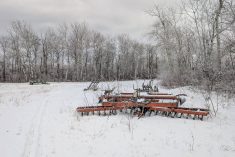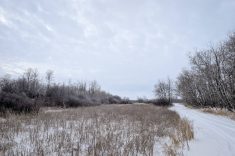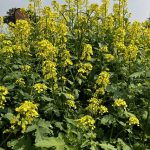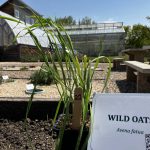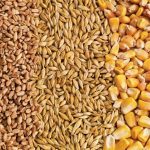Manitoba’s crop insurance agency is set to lift the per-tonne rate paid out on insured forage crops to help cover livestock producers’ bills to buy and truck in replacement feed.
Manitoba Agricultural Services Corp. (MASC) on Thursday announced a 2021 hay disaster benefit to provide another $44 per tonne, for every tonne below coverage, to help offset added costs due to the “severe” shortage of available forage in the province.
“Typically, the determination of payments for this benefit would not be made until January, once the majority of claim and harvested production report data is processed,” the province said in a release.
Read Also
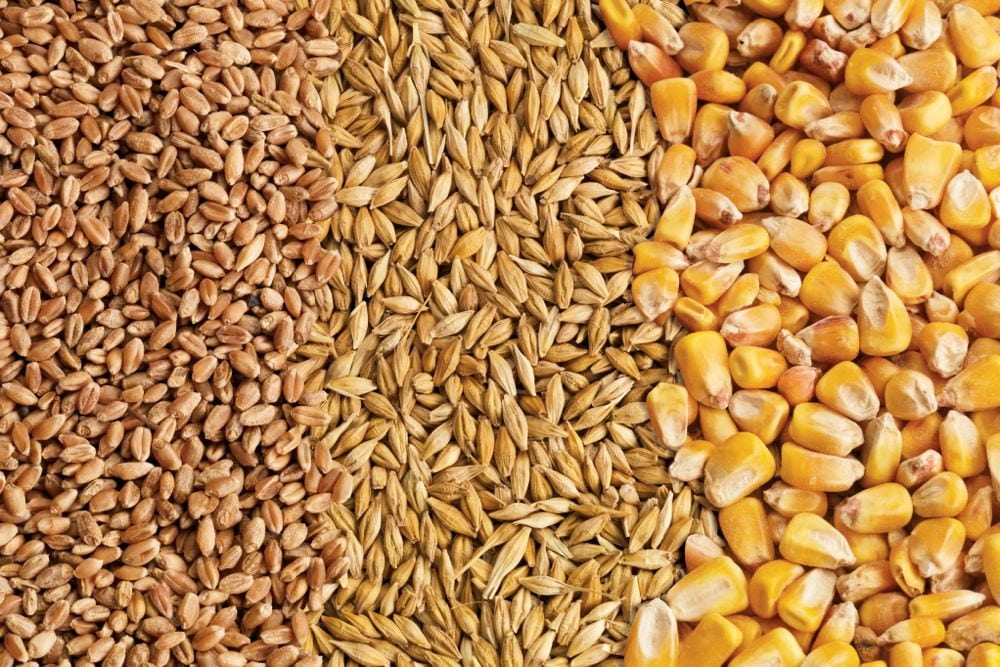
Feed Grains Weekly: More consideration being given to U.S. corn
There’s beginning to be a shift within the Canadian Prairie feed market towards importing United States corn, said Darcy Haley, vice-president of Ag Value Brokers in Lethbridge.
“With pastures drying up and minimal sources of feed for livestock, it’s important to give producers the resources they need to secure feed to maintain their herds,” provincial Agriculture Minister Ralph Eichler said in the same release.
The hay disaster benefit was last triggered in 2019, MASC noted, when over $5 million was paid out on almost 1,200 claims.
Relating to another announcement Thursday by Eichler’s federal counterpart Marie-Claude Bibeau, MASC also announced Thursday it will apply a “quality adjustment factor” to appraisals on crops being put to “alternate use” such as greenfeed.
A 60 per cent adjustment factor to in-field appraisals will be applied on small-grain cereals, including all varieties of wheat, oats, fall rye, barley, and triticale, the province said.
Reducing the appraisal of claims by 40 per cent “reflects the expected reduction in quality resulting from the drought conditions,” the province said, while the full yield appraisal will be used to calculate an insured grain grower’s future coverage.
That, in turn, gives grain growers an incentive to repurpose their crops for livestock feed, the province said. Livestock producers in Manitoba have recently called for such a move, similar to one made last week in Saskatchewan.
MASC said the adjustment will also apply retroactively to producers who already put drought-hit cereal crops to alternate use this year.
Talks between the federal and Manitoba governments are also underway to “expedite” the assessment process for AgriRecovery programming for drought-affected regions.
Bibeau on Thursday also announced early designation of drought-damaged areas in the four western provinces and northwestern Ontario for the livestock tax deferral program for the 2021 tax year. — Glacier FarmMedia Network







